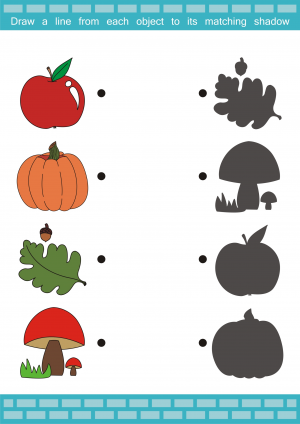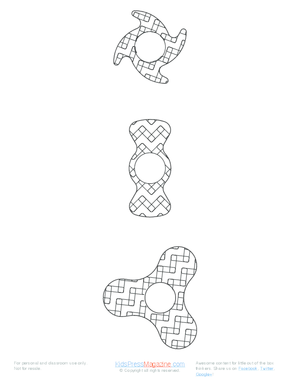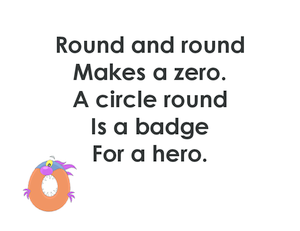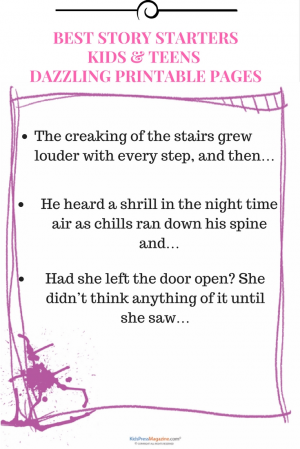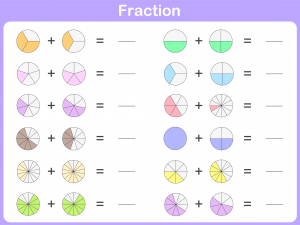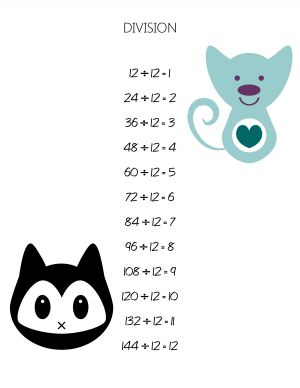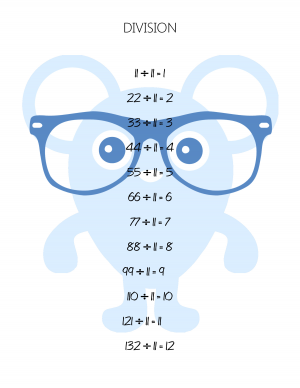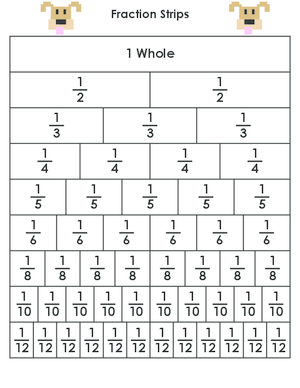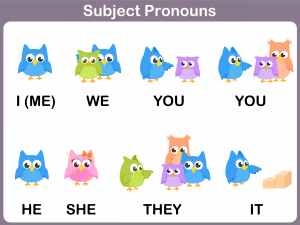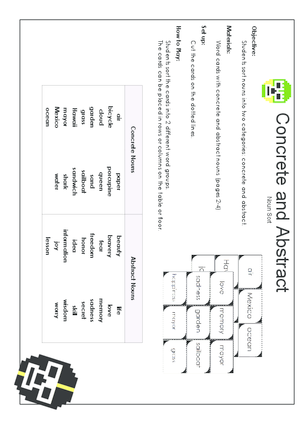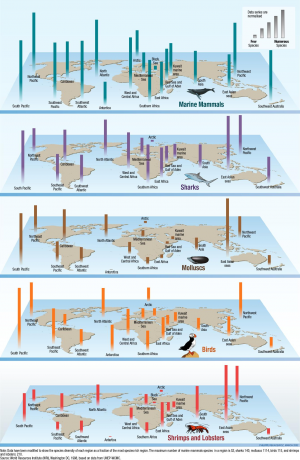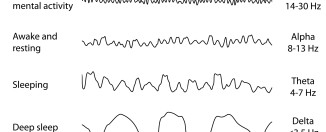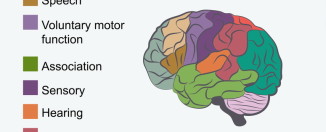Consciousness
If you’ve ever heard that we humans use only a small part of the tremendous potential power of our brains, you might be surprised to learn that this is not really true. Instead, our brains are busy at all times but we don’t necessarily have control over everything that our brains do. Does that sound odd? It should!
The idea of consciousness, which is self-awareness and control of our own behaviour, has challenged great thinkers and scientists for thousands of years.

First of all, there are a lot of physical things that you do without “thinking” about them, like breathing, digesting food, and circulating blood around your body. Of course, there are parts of your brains that handle these tasks, but you don’t have to think about or be aware of them to keep them up. These are unconscious processes. Can you imagine if you always had to consciously think about breathing, and making your heart beat? You would end up with problems that are a lot more serious than when you just forget to turn the lights off in your bedroom!
Conscious thought is the things that you focus on, but unconscious thought also happens all the time without you really ‘noticing’. Scientists try experiments to find out what and how much people can be conscious of. In one recent experiment, a stranger asks a person on the street for directions, then suddenly hides behind a board and a new stranger pops out and continues the conversation. The experiment showed that many people didn’t notice that they were talking to a different stranger, and they kept on as normal! This showed that we’re not always as conscious of what is happening around us as we like to think.
As for unconscious (sometimes also called subconscious) thought, a lot of research has shown that people do take in huge amounts of information from the environment around them, but they aren’t aware of much of it. One important example is music when you’re shopping. Businesses have experimented with different types of music in shopping areas and to find if slow or fast, loud or soft, vocal or instrumental, modern or classical music inspires shoppers to buy more. Does it work? Studies show that people will shop for longer times if slower music is playing, and buy more when the musical style matches the style of the products. Clearly, unconscious thought is picking up on some signals, even if you don’t notice the music at all!
The question of what parts of our behavior and thinking are automatic and which we are aware of is by no means solved and continues to interest scientists who want to learn more about how our brains work.

